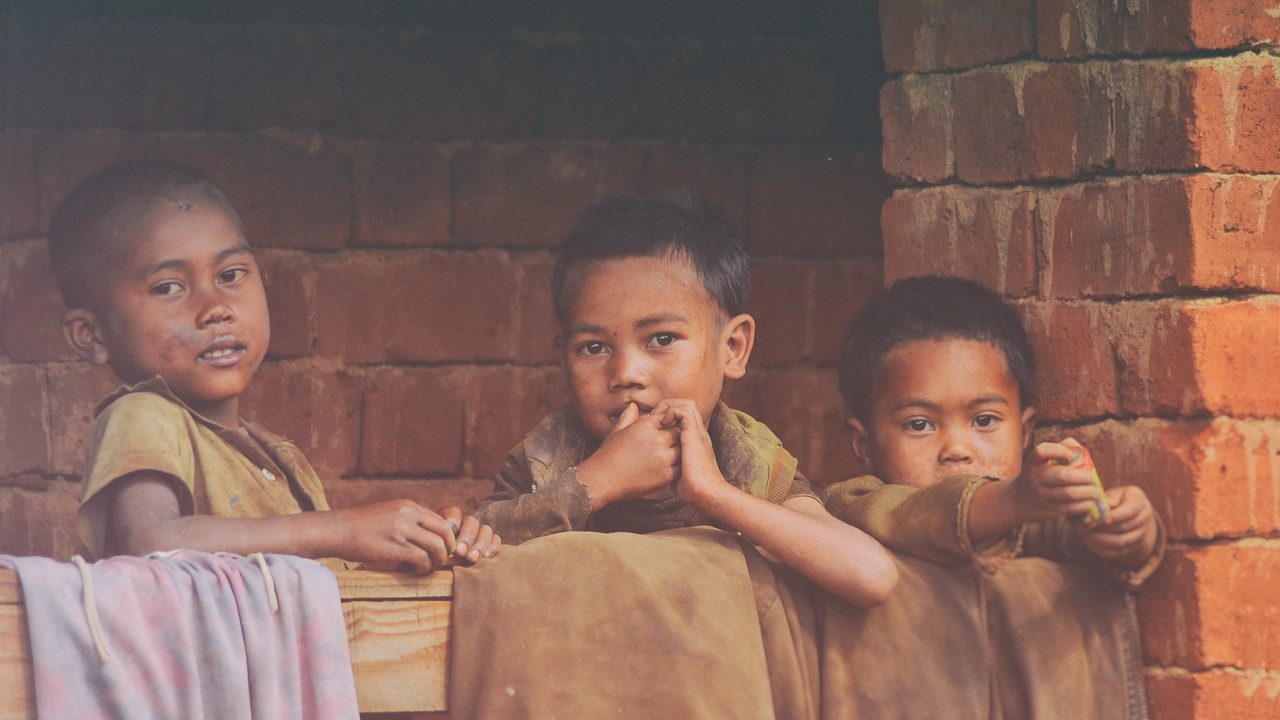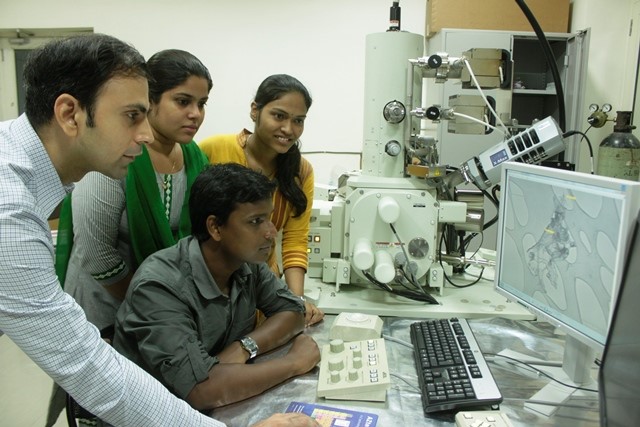
Study Offers New Insight On Deaths Due to Malnutrition
- News
- 1.2K
In a finding that could have an impact on the strategies for dealing with malnutrition in children, a new study has found that the number of infants dying due to malnutrition after six months of age is only around 1.2 % in India, much lower than global estimates of the World Health Organization.
The study, conducted in 120 geographical clusters in rural Jharkhand and Odisha, followed up children diagnosed with moderate and severe categories of malnutrition from the age of six months and until they were 18 months old. The results revealed a very low rate of death, 1.1% and 1.2% for children with moderate and severe malnutrition respectively as against WHO estimates of 10%–20%.
Pointing out that case fatality rates below six percent have been recorded in three other Indian studies also, the researchers noted that the study added to the growing evidence that although acute malnutrition among children aged over six months was high in India, it was not accompanied by as high a case fatality rate as estimated by WHO.
The researchers said the discrepancy between WHO estimate and the Indian data could be largely because of the fact that WHO estimate was based on a study conducted 15 years ago among African children. Also, it had mostly covered hospitalized infants who were more likely to have other medical complications as well, thus increasing the chances of death. Further, they pointed out that the Infection rates in Africa are higher than in India.
Indian infants have a small amount of fat hidden in their bodies that may give a survival advantage by acting as a form of energy reserve available to maintain body temperature and brain development when they are nutritionally deprived. The new study also considered only infants above six months of age, unlike the WHO study that considered newborns also, they added.
Commenting on the findings, Dr. Arun Gupta (Breastfeeding Promotion Network of India) said: “given that the risk of mortality is lower than expected among children older than 6 months, outpatient treatment for severely malnourished children over six months may be too late to avert a substantial number of deaths from under-nutrition in Indian children. Rather, the study further strengthens the case for prioritizing prevention through known health, nutrition, and multisector interventions in the first 1,000 days of life.”
The study results have been published in the journal PLOS. It was done jointly by researchers from the University College London, Public Health Foundation of India and Jharkhand-based Ekjut. (ISW)
If you liked this article, then please subscribe to our YouTube Channel for the latest Science & Tech news. You can also find us on Twitter & Facebook.


